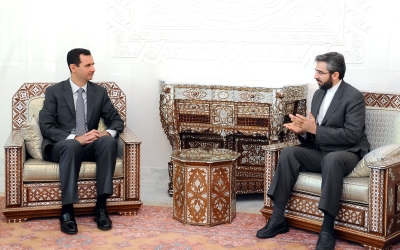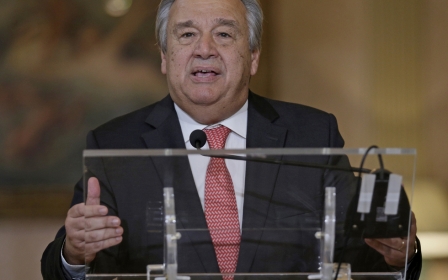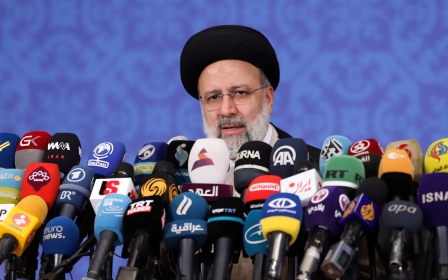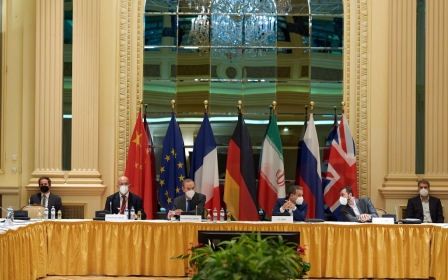US urges Iran to avoid 'provocative' steps with latest uranium enrichment
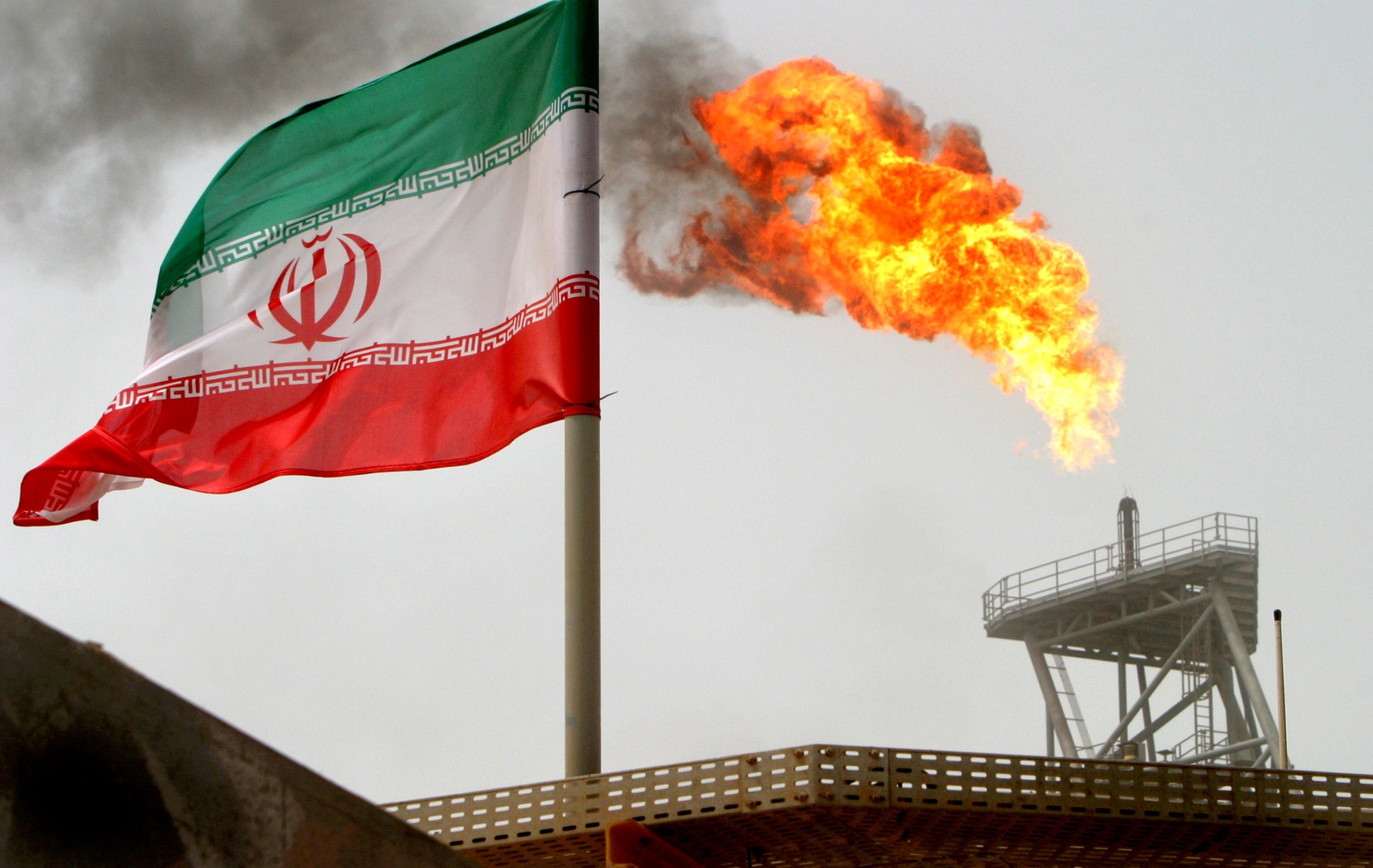
The United States and European powers have warned Iran that its latest uranium enrichment efforts could imperil talks taking place in Vienna on reviving the 2015 Iran nuclear deal.
"It is worrying that Iran is choosing to continue to escalate its non-performance of its [Joint Comprehensive Plan of Action] commitments, especially with experiments that have value for nuclear weapons research," State Department spokesperson Ned Price said in a briefing with reporters on Tuesday, referring to the 2015 deal by its formal name.
Price was responding to an announcement from the International Atomic Energy Agency (IAEA) that Iran intended to enrich uranium to 20 percent - a move that takes it a step closer to developing materials that could be used to make a nuclear weapon.
Tehran has already produced a small amount of uranium metal this year that was not enriched, in breach of the nuclear deal, which bans all work on uranium metal since it could be used to make the core of a nuclear bomb.
An IAEA statement on 6 July said Tehran had told the agency that it would be sending the enriched uranium to its research and development laboratory at the fuel production plant in Isfahan.
The aim would be to make fuel for a research reactor, the agency added.
Price called Iran's actions "provocative" and warned Tehran against trying to use its increased nuclear capacity for leverage in the Vienna talks.
"We have made clear that such provocative steps would not and will not provide Iran with any leverage in negotiations," Price said.
"We continue to urge Iran to stop this brinkmanship, to return to Vienna prepared for real talks, and to be in a position to be prepared to finish the work that we have started in April that has now taken place over six rounds."
'Endangers talks'
The JCPOA, signed in 2015, lifted sanctions against Tehran after it scaled back its nuclear programme.
In 2018, the Trump administration withdrew from the nuclear agreement and reimposed crippling sanctions on Tehran. Iran initially continued to abide by the deal but has reduced some of its commitments since 2019.
The foreign ministers of the United Kingdom, France and Germany also spoke out, expressing "grave concern" over Iran's actions, and warning that the move endangered the discussions.
'The only way out of this vicious circle is resumption of Vienna talks without delay and full restoration of JCPOA'
- Mikhail Ulyanov, Russia's ambassador to the IAEA
"Iran has no credible civilian need for uranium metal R&D and production, which are a key step in the development of a nuclear weapon," they said in a joint statement issued by the UK's foreign ministry.
"With its latest steps, Iran is threatening a successful outcome to the Vienna talks despite the progress achieved in six rounds of negotiations," they said, urging Iran to return to the talks in the Austrian capital, which began in April and adjourned on 20 June.
No date has been set for the next round.
But Mikhail Ulyanov, Russia's ambassador to the IAEA, while acknowledging Iran's latest violation of the 2015 deal, noted that the Biden administration's decision to maintain the Iran sanctions reimposed by Trump was also a violation of the accord.
"The only way out of this vicious circle is resumption of Vienna talks without delay and full restoration of JCPOA," he wrote on Twitter.
Middle East Eye delivers independent and unrivalled coverage and analysis of the Middle East, North Africa and beyond. To learn more about republishing this content and the associated fees, please fill out this form. More about MEE can be found here.


